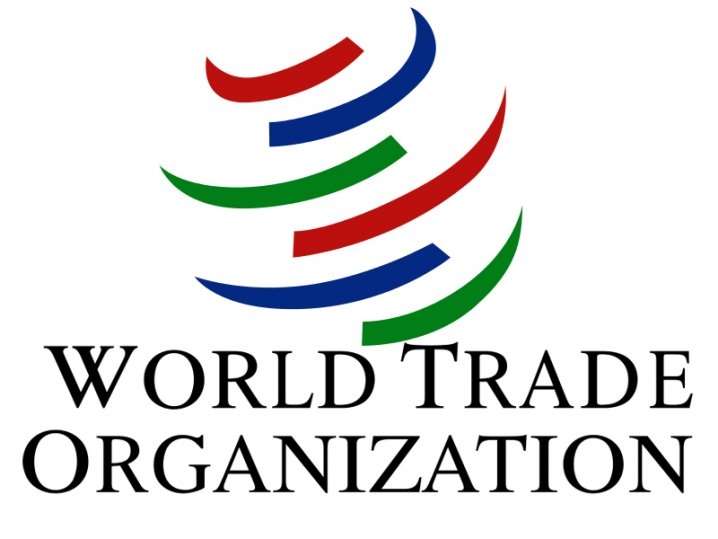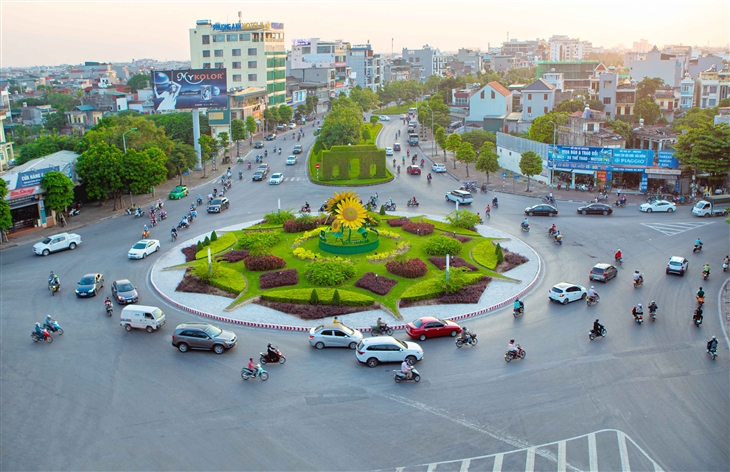
AsemconnectVietnam - Addressing a High-level Seminar on the Global Deal and Trade at the WTO on 22 November, WTO Director-General Roberto Azevêdo said that fostering greater inclusivity in global trade is one of the most pressing challenges of our age and a prerequisite to ensure everyone benefits from economic progress. DG Azevêdo hosted the event, dedicated to the theme “Making Globalization Work for Everyone”, together with the Prime Minister of Sweden, Stefan Löfven.
"While globalization has brought progress overall, we need to recognize that not all have been able to participate and benefit. Many people feel disconnected from economic progress. We need to respond to this situation. This means using all tools available to promote growth, development, job creation and inclusivity," said DG Azevêdo. "Fostering this greater inclusivity is undoubtedly one of the most pressing challenges of our age. The solutions are not always evident. But we cannot shy away from this discussion and we cannot make believe it does not exist," he added.
DG Azevêdo stressed the key role the WTO plays as "a forum for governments to meet, talk, and negotiate and a platform to discuss how to maximize the benefits of economic change and minimize any adverse consequences". This will be brought into focus at the WTO Ministerial Conference in Buenos Aires (10-13 December), where a range of issues will be discussed by members, including the theme of inclusivity and ensuring that more people can benefit from trade.
"Many members are talking about ways to help more small and medium-sized enterprises to trade, or how to leverage the potential of e-commerce to ensure more people can join global trade flows. Those conversations are ongoing. The Buenos Aires meeting will be an important opportunity to advance these debates – and ensure that everyone can benefit from the opportunities that the global economy has to offer," DG Azevêdo said.
The Global Deal - a global partnership with the objective of jointly addressing the challenges in the global labour market and enabling all people to benefit from globalization – builds on the ongoing WTO "Trade Dialogues". This initiative is about broadening the conversation and hearing from new voices as well as ensuring that stakeholders can highlight issues that are important to them, thereby broadening and enriching debates at the WTO.
DG Azevêdo highlighted the importance of domestic policies and the ability of economies to adjust to changes. This includes "more active labour market policies, education policies and the provision of support for workers" and "more comprehensive, flexible and forward-looking policies and investments in education, from the primary to the post-secondary levels, critical to equip individuals to take advantage of the new opportunities offered by technology and trade," he said.
"In addition, experience suggests that success in facilitating adjustment involves finding an appropriate balance between labour market flexibility, on the one hand, and proper employment standards, on the other. There is a balance to find here and it is not an easy one," DG Azevêdo said. "Of course, there is no 'one size fits all' solution. Each country should try to figure out their own solution, find the appropriate mix of policies to respond to their particular needs."
The WTO and the Swedish government will be working jointly to deepen research in this area by compiling a dossier of adjustment policies in selected countries. This will build on the
2017 WTO World Trade Report, and draw further lessons from different experiences that countries have had. It will aim to identify success stories which can then further inform conversations on these issues.
The Swedish Prime Minister stressed the importance of a partnership that focuses on the potential of sound industrial relations and social dialogue as a means to contribute to decent work, quality jobs and increased productivity and by extension to greater equality and inclusive growth. Sweden is the clear example that "trade is the engine of the global economy," Mr Lövfen said.
"Trade is the greatest generator of wealth in history. It has raised standards of living worldwide. Millions of people have been lifted out of poverty. We have all benefited from it. But – and there is a but. When inequalities increase, as we have seen over the last few decades, and the few amass wealth at the expense of the many, the economy in the long run is destabilized. There is growing international consensus that reducing inequalities is one of the great challenges of our time."
Other leading speakers in the High-level Seminar were Guy Ryder, Director-General of the International Labour Organization (ILO); Børge Brende, President of the World Economic Forum; and Ethiopia’s Minister of Labour and Social Affairs, Abdulfatah Abdullahim Hassan; as well as representatives from the Organisation for Economic Co-operation and Development (OECD), business, unions and economists specialized in trade issues.
Guy Ryder talked about the need to address the growing public scepticism over the benefits of free trade and globalization, and rising distrust in political solutions. "Trade is the absolutely necessary engine of growth and greater prosperity, but those benefits do not come automatically. They require policy intervention and we need to think much more carefully perhaps than we have done in the past about what those interventions look like and how we make them happen," he said.
Mr Ryder highlighted that the ILO and the WTO have been working much more closely on this issue in recent years, especially with regards to inclusive trade. However, he said, more needs to be done: "It is time to bring back an integrated approach to international policy-making. We have the framework for doing that in the form of the UN's 2030 development agenda. The global dialogue can help international dialogue as much as it can help the national dialogues that we need."
From that perspective, the overall objective is for the Global Deal to strengthen workers, businesses and societies alike, and to become a concrete tool to help achieve UN Global Goal 8 to promote decent work and economic growth, and Goal 10 to reduce inequalities.
A number of governments, businesses, trade unions and other organizations are already pursuing this initiative together with the WTO, the ILO and the OECD. The Global Deal also builds on voluntary commitments from its numerous partners.
Source: wto.org






